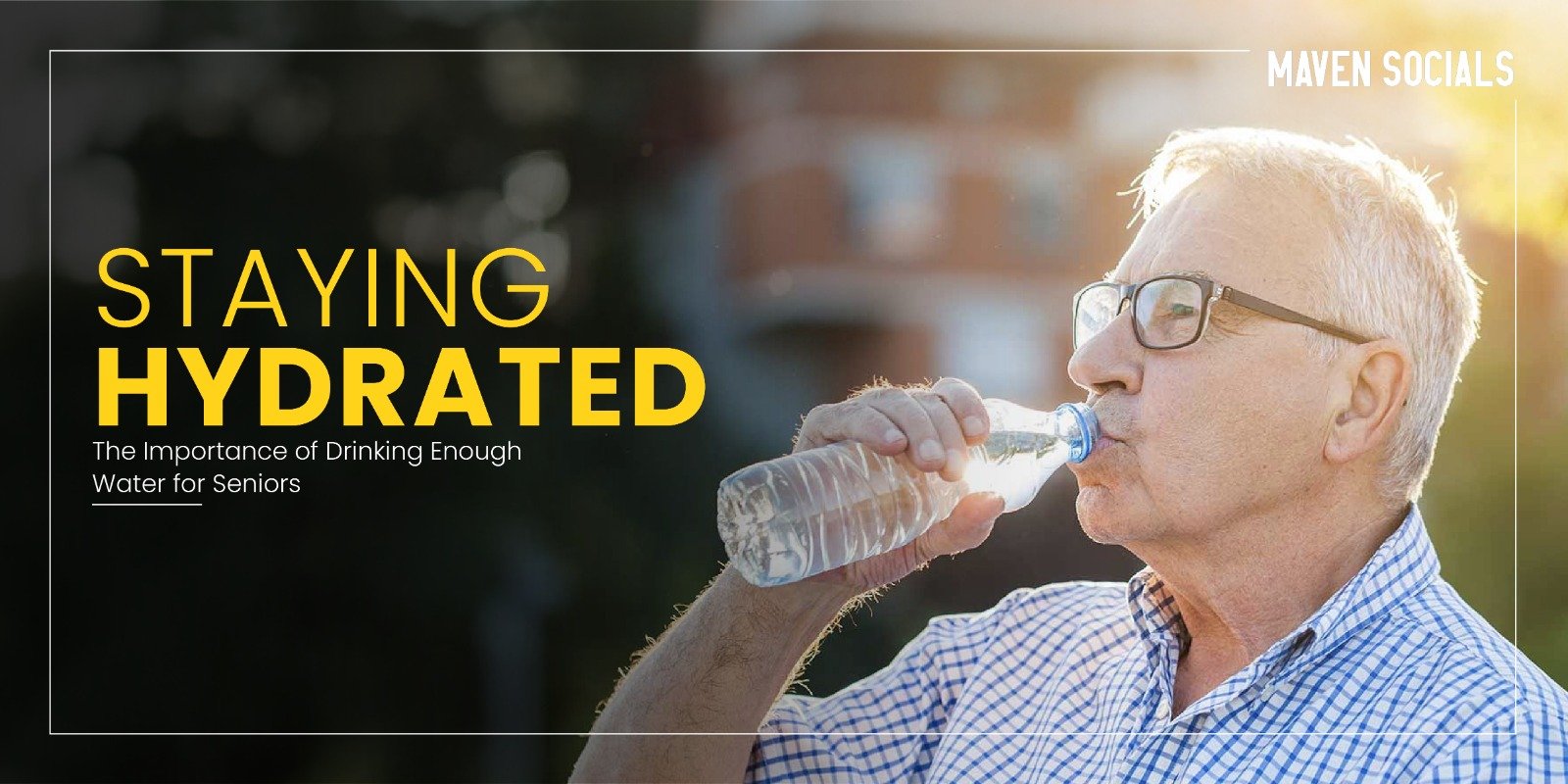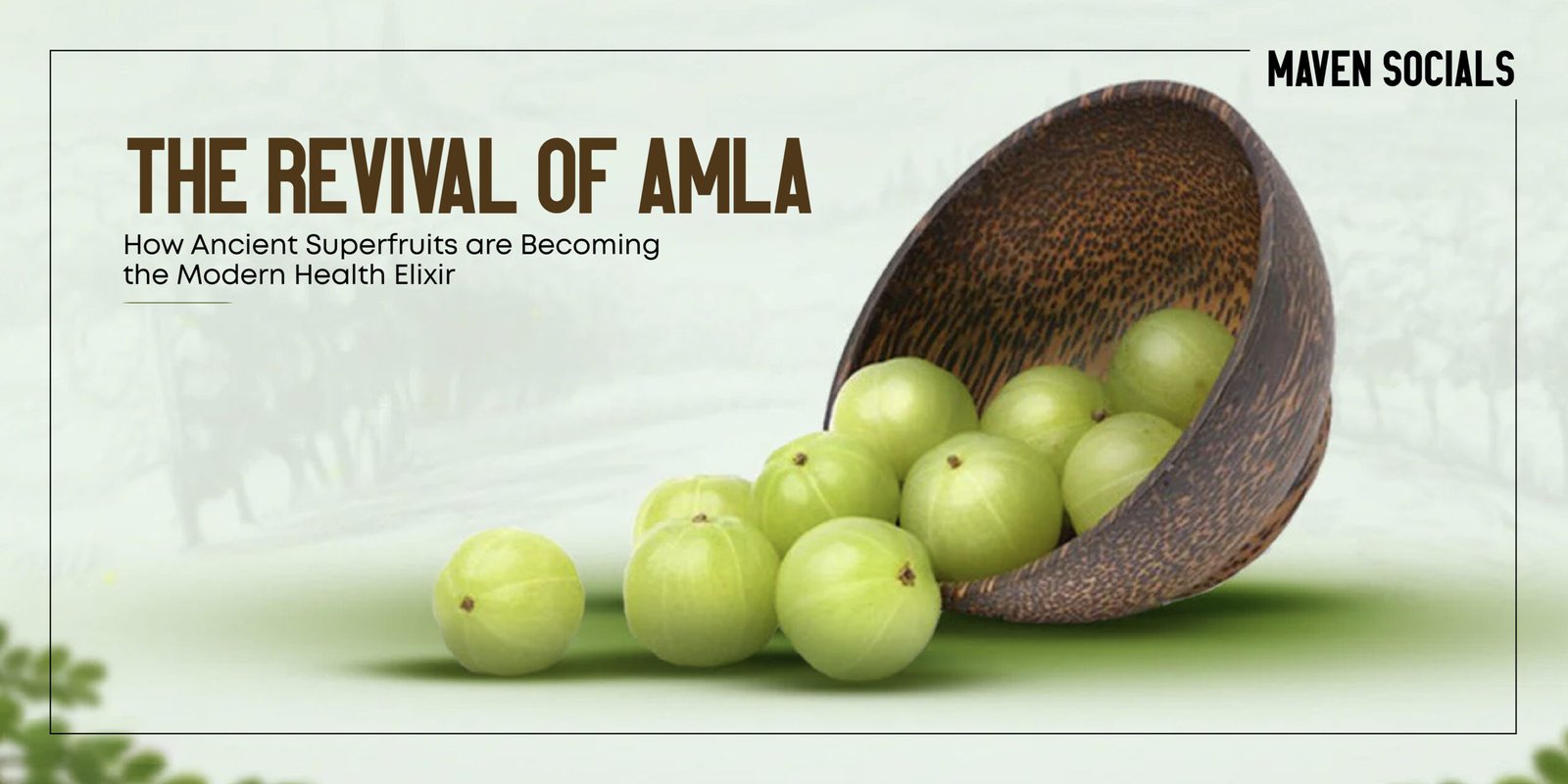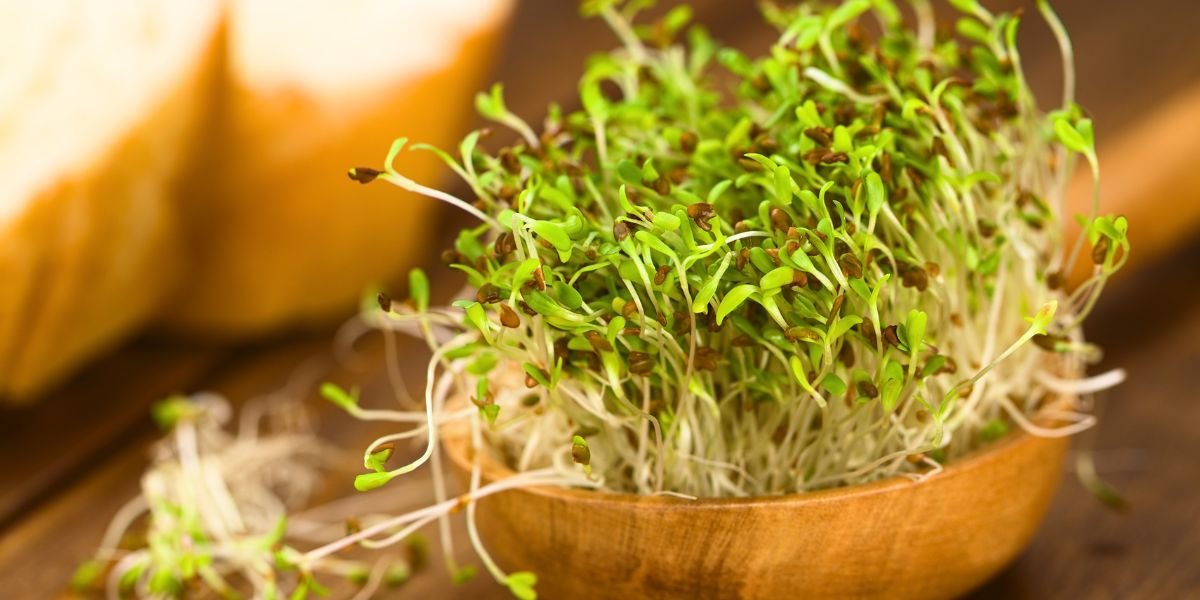As we age, maintaining proper hydration becomes increasingly crucial for overall health and wellbeing. For seniors in India, understanding the importance of adequate water intake can make a significant difference in their quality of life. Hydration for seniors India is not just about drinking water; it’s about ensuring optimal health, preventing complications, and promoting healthy aging India practices that support longevity and vitality.
The human body is approximately 60% water, and this percentage tends to decrease with age, making senior health management more complex. Water plays vital roles in regulating body temperature, lubricating joints, transporting nutrients, removing waste products, and maintaining cognitive function. For elderly individuals, proper hydration becomes even more critical as their bodies become less efficient at conserving water and their thirst sensation diminishes over time.
Why Seniors Face Higher Dehydration Risks
Wellness for elderly individuals requires special attention to hydration needs because aging brings several physiological changes that increase dehydration risk. As we grow older, our kidney function naturally declines, reducing the body’s ability to concentrate urine and conserve water effectively. This means seniors need to be more proactive about their hydration for seniors India strategies compared to younger adults.
The sensation of thirst also weakens with age, a condition known as adipsia. Many elderly individuals simply don’t feel thirsty even when their bodies need fluids, making dehydration prevention a conscious effort rather than an automatic response. Additionally, medications commonly prescribed for senior health conditions, such as:
- Diuretics
- Blood pressure medications
- Certain antidepressants
These can increase fluid loss or interfere with the body’s natural hydration balance.
Physical changes also contribute to hydration challenges in elderly populations. Reduced muscle mass means less water storage capacity in the body, while mobility issues might make it difficult for seniors to access water regularly throughout the day. These factors combine to create a perfect storm for dehydration risk, emphasizing the need for structured wellness for elderly programs that prioritize fluid intake.
Recognizing the Warning Signs of Dehydration
Understanding the signs of dehydration is crucial for healthy aging India and maintaining optimal senior health. Early symptoms of dehydration in elderly individuals may be subtle and easily mistaken for other age-related issues. Common early indicators include:
- Fatigue
- Confusion
- Dizziness
- Irritability
Physical signs of dehydration include:
- Dry mouth
- Sticky saliva
- Decreased skin elasticity
- Dark-colored urine
When practicing dehydration prevention, seniors and their caregivers should monitor urine color as a simple indicator of hydration status. Pale yellow indicates good hydration, while dark yellow or amber suggests the need for immediate fluid intake.
More severe dehydration symptoms require immediate medical attention and can include:
- Rapid heartbeat
- Sunken eyes
- Low blood pressure
- Severe confusion or disorientation
These advanced symptoms highlight why proactive hydration for seniors India strategies are essential rather than waiting for thirst or obvious symptoms to appear. Regular monitoring and preventive measures are key components of comprehensive wellness for elderly care.
Cognitive changes associated with dehydration can be particularly concerning for seniors, as they may mimic or exacerbate dementia symptoms. Memory problems, difficulty concentrating, and mood changes can all result from inadequate fluid intake, making proper hydration a crucial aspect of mental health maintenance in senior health management.
Practical Hydration Strategies for Daily Life
Implementing effective hydration for seniors India strategies requires practical, sustainable approaches that fit into daily routines. Setting regular reminders is one of the most effective methods for ensuring consistent fluid intake throughout the day. Seniors can use:
- Smartphone apps
- Alarm clocks
- Simple written schedules
These help prompt water consumption every hour or two.
Creating a daily water consumption tracking system helps monitor progress and ensures adequate intake. Dehydration prevention becomes more manageable when seniors can visualize their fluid consumption through simple charts or marked water bottles. Many healthcare professionals recommend consuming at least 6-8 glasses of water daily, though individual needs may vary based on health conditions, medications, and activity levels.
Strategic placement of water bottles or cups throughout the home serves as visual reminders and removes barriers to hydration. Having water easily accessible in frequently used areas like:
- The bedroom
- Living room
- Kitchen
This encourages regular consumption as part of wellness for elderly routines. Insulated bottles can keep water at preferred temperatures, making it more appealing to drink regularly.
Incorporating water-rich foods into daily meals provides additional hydration while supporting overall nutrition goals. Fruits like watermelon, oranges, and grapes, along with vegetables such as cucumber, tomatoes, and lettuce, contribute significantly to daily fluid intake. This approach to healthy aging India combines hydration with essential nutrient consumption, supporting multiple health objectives simultaneously.
Water-Rich Foods for Enhanced Hydration
Diversifying hydration sources beyond plain water can make senior health management more enjoyable and sustainable. Many seniors find it easier to maintain adequate fluid intake when they incorporate variety into their hydration strategies. Options that count toward daily fluid goals include:
- Soups
- Broths
- Clear beverages
These provide additional nutritional benefits while supporting hydration.
Fresh fruits offer excellent hydration opportunities while delivering essential vitamins and minerals crucial for wellness for elderly individuals. Watermelon contains over 90% water and provides lycopene, an antioxidant that supports heart health. Oranges and other citrus fruits combine hydration with vitamin C, supporting immune function and overall healthy aging India processes.
Vegetables also play important roles in hydration for seniors India strategies. High water content vegetables include:
- Cucumber
- Celery
- Tomatoes
These can be easily incorporated into salads, snacks, or light meals. These foods support dehydration prevention while providing fiber, vitamins, and minerals essential for maintaining health in later years.
Dairy products like milk and yogurt contribute to hydration while providing calcium and protein necessary for bone health and muscle maintenance. Herbal teas, consumed warm or cold, can be particularly appealing to seniors who prefer flavored beverages over plain water. These options make hydration more enjoyable while supporting comprehensive senior health objectives.
Debunking Common Hydration Myths
Several misconceptions about hydration can hinder effective dehydration prevention efforts among elderly individuals. One common myth suggests that seniors need less water than younger adults, when in reality, their hydration needs often remain similar or may even increase due to medication effects and physiological changes associated with aging.
Another prevalent misconception is that caffeine-containing beverages like coffee and tea contribute to dehydration. While caffeine has mild diuretic effects, research shows that regular coffee and tea consumption still provides net hydration benefits. However, hydration for seniors India strategies should prioritize water and other non-caffeinated options as primary fluid sources for optimal senior health.
Some elderly individuals believe that reducing fluid intake will decrease bathroom trips, particularly at night. This dangerous misconception can lead to serious dehydration and associated health complications. Proper wellness for elderly education should address these concerns while providing practical solutions like timing fluid intake earlier in the day rather than restricting overall consumption.
The myth that thirst is an adequate indicator of hydration needs is particularly problematic for seniors, whose thirst sensation naturally diminishes with age. Effective healthy aging India practices require proactive hydration strategies rather than relying on thirst cues that may no longer function properly.
Creating Sustainable Hydration Habits
Long-term success in maintaining proper hydration requires developing sustainable habits that integrate seamlessly into daily life. Hydration for seniors India programs should focus on gradual behavior changes that become automatic over time rather than dramatic shifts that may be difficult to maintain.
Starting each day with a glass of water upon waking helps establish a consistent hydration routine while replenishing fluids lost during sleep. This simple practice sets a positive tone for dehydration prevention efforts throughout the day and can be easily incorporated into existing morning routines.
Linking water consumption to regular activities creates natural reminder systems that support senior health objectives. Effective timing strategies include drinking water:
- Before meals
- After taking medications
- During television commercial breaks
This provides structure while ensuring consistent fluid intake. These habit-stacking techniques make wellness for elderly practices more manageable and sustainable.
Conclusion: Prioritizing Hydration for Healthy Aging
Proper hydration represents a fundamental pillar of healthy aging India that deserves careful attention and proactive management. For seniors, understanding the unique challenges they face regarding fluid balance empowers them to take control of their senior health and implement effective dehydration prevention strategies.
The journey toward optimal wellness for elderly individuals begins with recognizing that hydration needs don’t diminish with age, even though the body’s natural mechanisms for maintaining fluid balance may become less efficient. By implementing practical strategies, incorporating water-rich foods, and dispelling common myths, seniors can maintain proper hydration levels that support their overall health and quality of life.
Success in hydration for seniors India requires:
- Commitment
- Consistency
- Support from family members or caregivers
However, the benefits of proper hydration – including improved cognitive function, better physical health, and enhanced overall wellbeing – make this effort worthwhile for anyone committed to aging gracefully and maintaining independence throughout their golden years.













